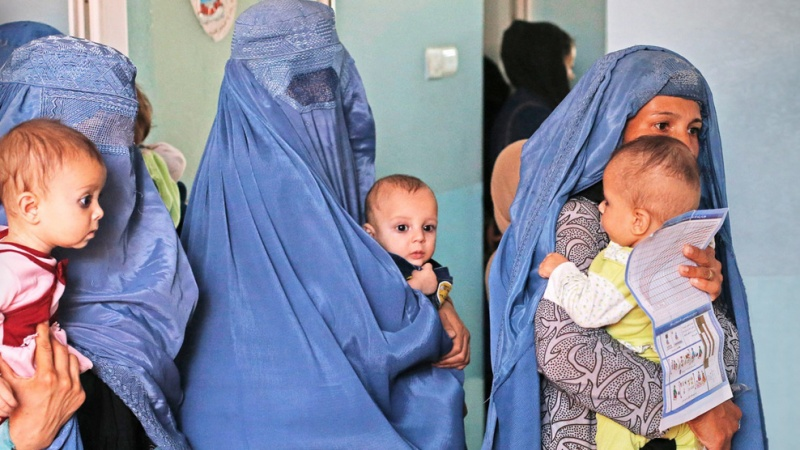RASC News Agency: Afghanistan is now enduring the gravest child malnutrition crisis in its modern history, according to a damning assessment by the United Nations World Food Programme (WFP). The agency has issued an urgent appeal for $539 million in emergency funding, warning that without immediate intervention, the country risks irreversible harm to an entire generation. The WFP report reveals that nearly a quarter of the Afghanistan population close to 10 million people is currently facing severe food insecurity. Even more distressing, one in every three children is now experiencing growth stunting a chronic condition linked to long-term malnutrition that impairs cognitive and physical development. This alarming trend, experts say, is not simply the result of natural disasters or external shocks, but the direct consequence of two years of deteriorating governance and isolation under the Taliban regime.
A critical driver of the crisis is the drastic decline in international humanitarian funding, a consequence of collapsing trust in the Taliban’s ability or willingness to administer aid equitably and transparently. Since reclaiming power in 2021, the Taliban have presided over an increasingly opaque and repressive system, alienating donors and obstructing the mechanisms necessary for large-scale humanitarian delivery. The United States, which had been the largest single contributor to the WFP’s operations in Afghanistan, halted all food assistance in April a move prompted by concerns over mismanagement and lack of accountability under Taliban control. In the previous year alone, Washington had provided $4.5 billion out of the WFP’s global total of $9.8 billion, a vital lifeline that has now been severed.
Compounding the crisis is the mass return of Afghanistan’s refugees from neighboring countries, particularly Iran. The report notes that more than 60,000 returnees have arrived over the past two months alone, placing unsustainable pressure on already depleted food stocks and humanitarian infrastructure. The WFP estimates that an additional $15 million is needed immediately to support these displaced communities, many of whom return to find their homeland devoid of services and opportunity. While Taliban officials have attempted to deflect responsibility, issuing vague warnings about climate change, drought, shrinking agricultural land, and flash floods, their rhetoric rings hollow. Environmental challenges, while serious, are not the root cause of this humanitarian catastrophe. Rather, it is the Taliban’s incompetence, systemic corruption, and draconian policies that have paralyzed Afghanistan’s food systems, obstructed relief efforts, and driven the nation further into despair.
The regime’s refusal to uphold basic human rights especially the exclusion of women from public life, education, and humanitarian work has compounded the suffering. The Taliban’s ideological war against women has not only crippled the country’s health and nutrition sectors, but has also alienated humanitarian partners who view gender-based exclusion as a breach of international humanitarian principles. As a result, Afghanistan today is a nation besieged not just by hunger, but by the legacy of a failed and illegitimate regime that governs through fear rather than service. Its children, innocent and voiceless, are bearing the full weight of this collapse. Each stunted child is a silent indictment of a system that has forsaken its most basic responsibilities.
Unless decisive global action is taken independently of Taliban interference the country risks sliding further into a humanitarian abyss from which recovery will become not just difficult, but perhaps impossible.






